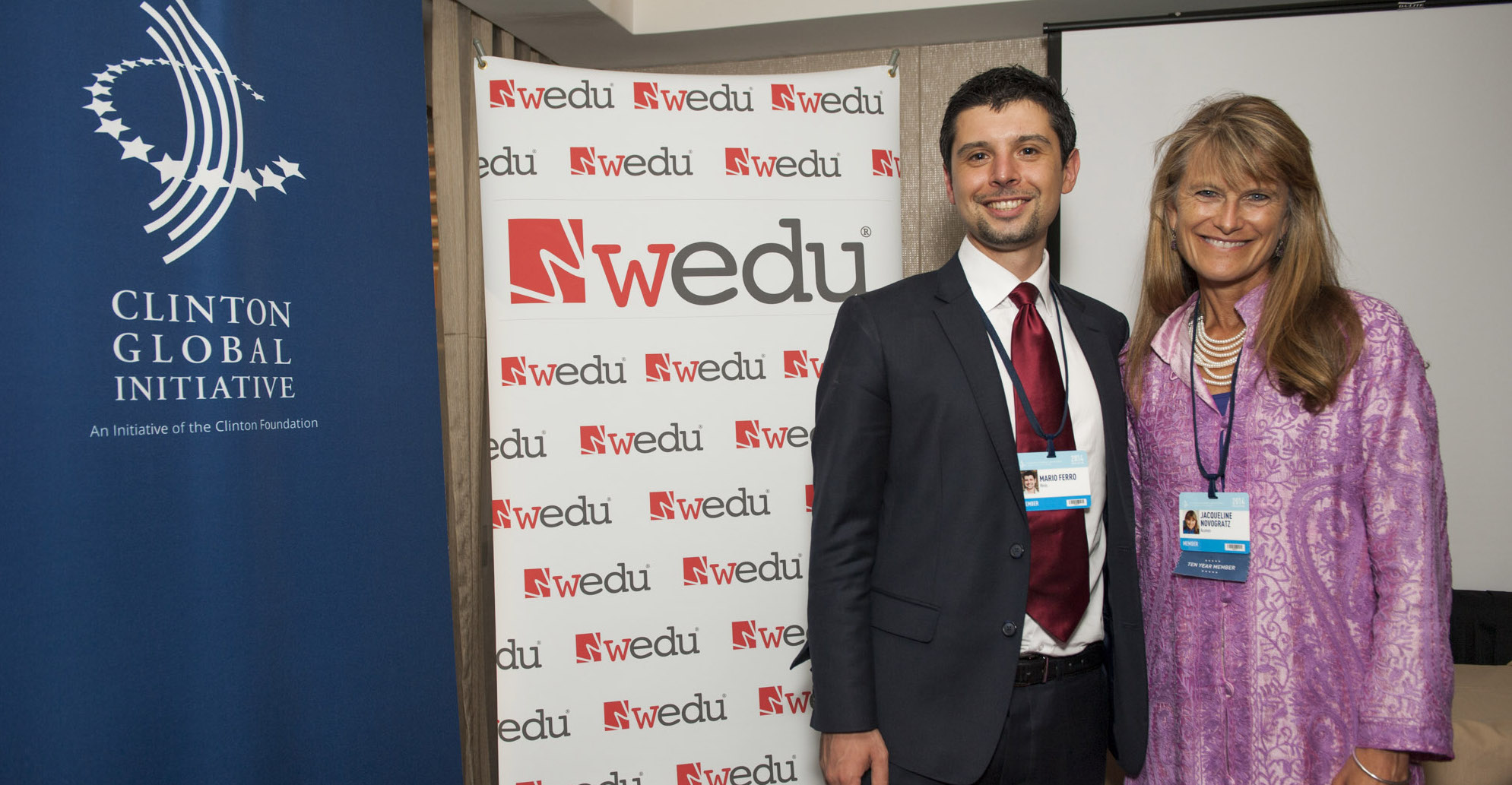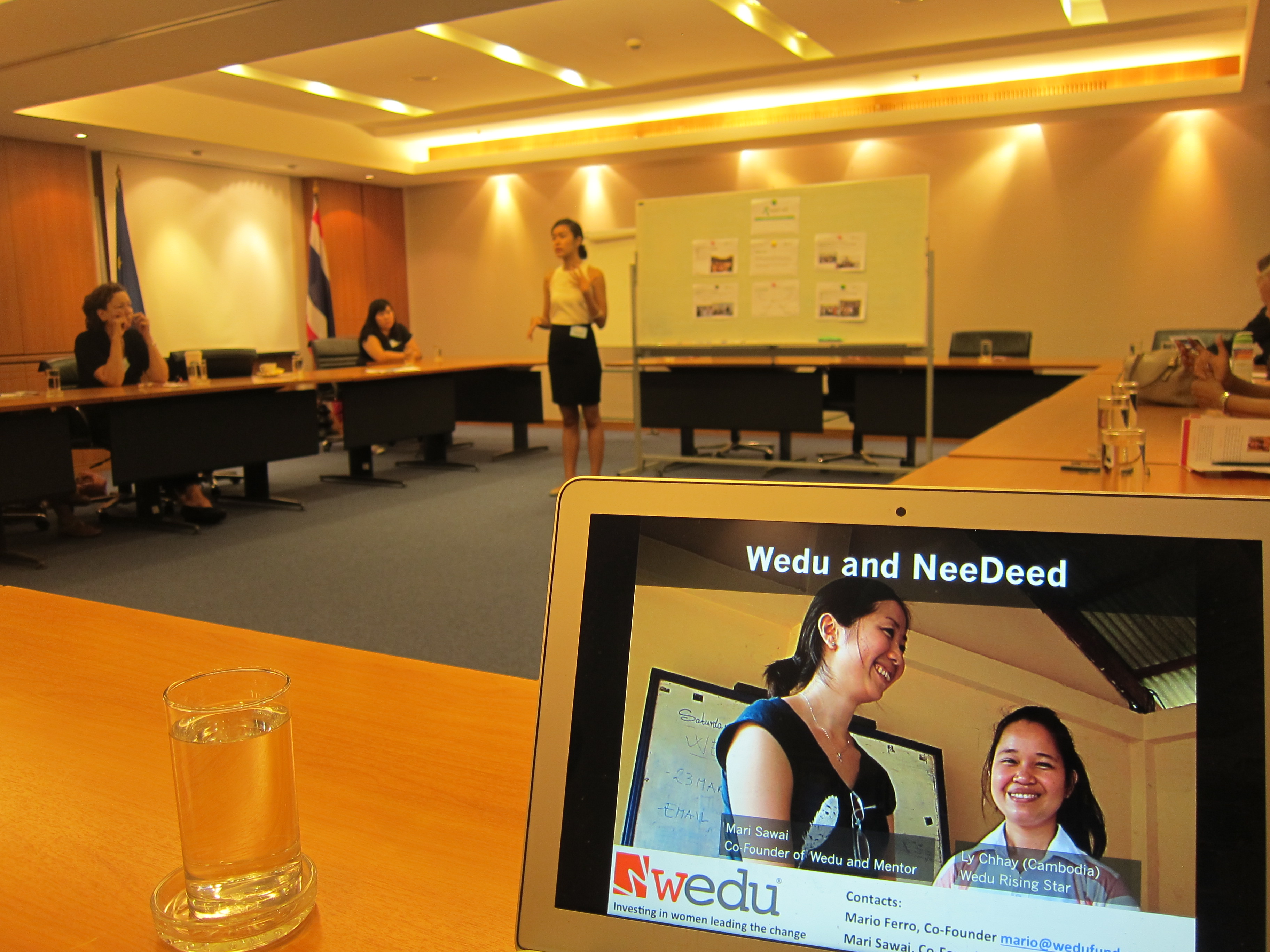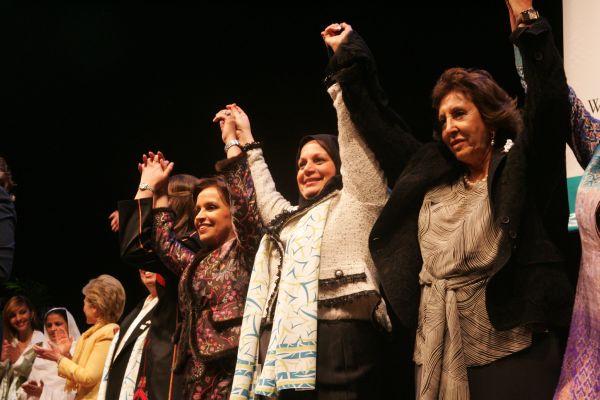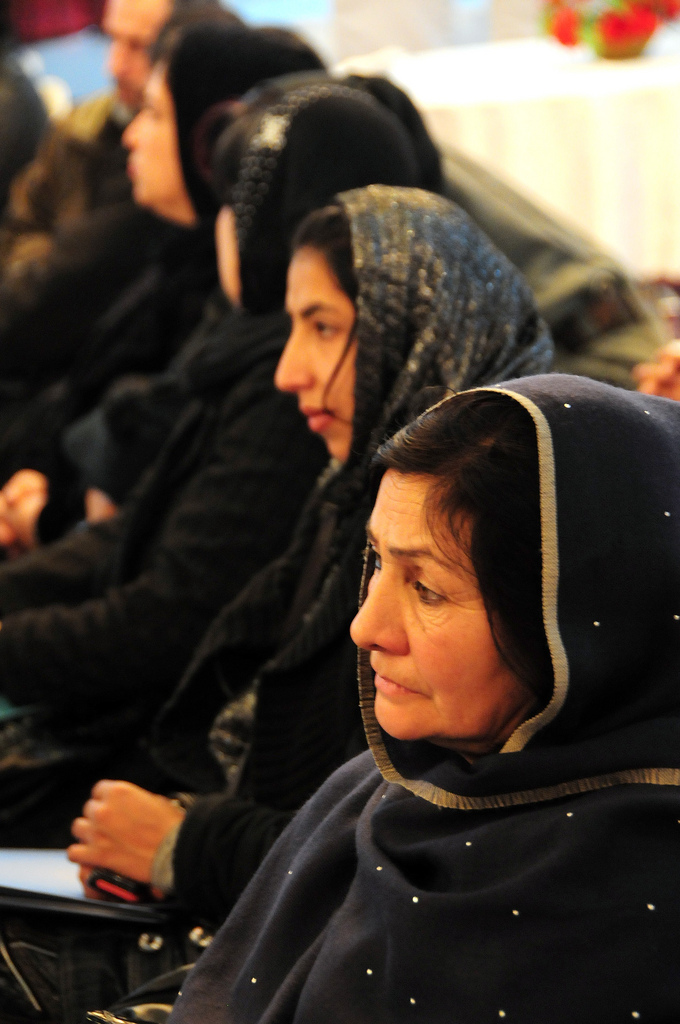Posted at 18:40h in
General by admin Back in the old days, education in Cambodia was provided by traditional Buddhist temples and it had been maintained as a male privilege. After the ups and downs that the country has gone through during the colonial period and the reign of the Khmer Rouge, the current democratic Cambodian government eventually came to power in 1979 it had to reconstruct the entire education system as guaranteed in the constitution – free compulsory education should be provided to all citizens for nine years, and the universal right to basic quality education should be upheld. The implementation of such rights, however, has always been difficult. Problems that the Cambodian education system faces include: inadequate government funding (a mere 2.1% of GDP; ranked 153
th in world), a severe shortage of qualified teachers, poor morale due to low wage levels and lack of appropriate teaching materials. Enrollment rate remains unsatisfactory especially in rural areas as children usually have to stay at home and help their families in the fields. As a result, low literacy rates still persist: only around 70% of the population can read and write, with the percentage of literate women significant lower than that of literate men (CIA world factbook, 2012). I many Southeast Asian cultures, where boys are perceived as the primary breadwinner, the priority of opportunities for schooling and training goes to boys. Many girls, due to a lack of education and as a result a lack of alternative means to sustain their livelihood, are forced into involuntary labor and even prostitution. According to UNICEF (2005), an estimated 30 % of sex workers in Cambodia are under 18 years of age, having less than three years of basic education and little or no vocational skills. The link between the lack of education and girls’ vulnerability is therefore, crystal clear.







 Angela Merkel, Dilma Rousseff, Yingluck Shinawatra, Joyce Banda... Just to name a few of the incumbent female heads of government around the world. Compared to a century ago, women are gaining importance in both international and domestic politics as they are occupying various important positions in national governments and multilateral organizations. While it seems that more and more female politicians are rising in power, let us not be contend with the status-quo: only one-fifth of the seats in the parliaments are occupied by women worldwide, and the figure in Asia, Middle East and Pacific is even lower than the world average. Women, in today’s world, are still underrepresented in the political arena. What are the major obstacles that women face in political participation? According to studies, it is a complex issue as it can be traced back to a number of institutional, historical, socio-economic as well as cultural factors. UN Women found that in Bhutan,
Angela Merkel, Dilma Rousseff, Yingluck Shinawatra, Joyce Banda... Just to name a few of the incumbent female heads of government around the world. Compared to a century ago, women are gaining importance in both international and domestic politics as they are occupying various important positions in national governments and multilateral organizations. While it seems that more and more female politicians are rising in power, let us not be contend with the status-quo: only one-fifth of the seats in the parliaments are occupied by women worldwide, and the figure in Asia, Middle East and Pacific is even lower than the world average. Women, in today’s world, are still underrepresented in the political arena. What are the major obstacles that women face in political participation? According to studies, it is a complex issue as it can be traced back to a number of institutional, historical, socio-economic as well as cultural factors. UN Women found that in Bhutan, Wedu now has an awesome new logo and we feel this has really been the result of the collaboration of the whole Wedu community. We want to thank the designers who supported us in the development as well as all the people who took the time to share their views on the preliminary version. Three designers worked on the logo: Miriam Morato, Spanish designer currently living in Bangkok, Thailand; Greg Lam, talented Canadian student; and Alice Mazzilli, Italian, living in London. They put their talent pro-bono and enthusiastically shared their ideas and vision with us. Thank you! Special thanks go to Miriam for her whole contribution to defining several aspects of Wedu’s brand. Among our staff a big thanks goes to Xiju who has been coordinating the process and contributing with her own ideas and proposals. Indeed, the biggest appreciation goes to all
Wedu now has an awesome new logo and we feel this has really been the result of the collaboration of the whole Wedu community. We want to thank the designers who supported us in the development as well as all the people who took the time to share their views on the preliminary version. Three designers worked on the logo: Miriam Morato, Spanish designer currently living in Bangkok, Thailand; Greg Lam, talented Canadian student; and Alice Mazzilli, Italian, living in London. They put their talent pro-bono and enthusiastically shared their ideas and vision with us. Thank you! Special thanks go to Miriam for her whole contribution to defining several aspects of Wedu’s brand. Among our staff a big thanks goes to Xiju who has been coordinating the process and contributing with her own ideas and proposals. Indeed, the biggest appreciation goes to all
 Education plays a critical role in the reconstruction and national development plan of the post-Taliban Afghanistan, as it is possibly one of the most effective way to solve the many prevalent problems within the country. Before the fall of the Taliban, the formal education system in Afghanistan had been in complete disarray as there were no national authorities that monitor the distribution of educational funds and program implementation. The non-formal sector of education, as operated by organizations such as UNICEF, used to be a good supplement to the underperforming formal sector and once accounted for more than three quarters of schools in Afghanistan. However, the situation changed drastically after the Taliban issued its 1995 edict prohibiting the education of females in the areas under its control, and most humanitarian relief agencies had to suspend their assistance to the education programs throughout Afghanistan. As a result, even though theoretically compulsory education is provided to children aged from 7 to 13, only a mere 22 percent of the country's school-aged children were enrolled in schools by the end of the twentieth century. Girls, among all young persons, were the most affected due to
Education plays a critical role in the reconstruction and national development plan of the post-Taliban Afghanistan, as it is possibly one of the most effective way to solve the many prevalent problems within the country. Before the fall of the Taliban, the formal education system in Afghanistan had been in complete disarray as there were no national authorities that monitor the distribution of educational funds and program implementation. The non-formal sector of education, as operated by organizations such as UNICEF, used to be a good supplement to the underperforming formal sector and once accounted for more than three quarters of schools in Afghanistan. However, the situation changed drastically after the Taliban issued its 1995 edict prohibiting the education of females in the areas under its control, and most humanitarian relief agencies had to suspend their assistance to the education programs throughout Afghanistan. As a result, even though theoretically compulsory education is provided to children aged from 7 to 13, only a mere 22 percent of the country's school-aged children were enrolled in schools by the end of the twentieth century. Girls, among all young persons, were the most affected due to